The international financial crisis illustrates more than ever the need for a reform of societal structures, organizers of the European Social Forum said Thursday as the gathering opened.
“The Lehman Brothers collapse shows it’s time to reclaim our real economies’ rebuilding,” Indian feminist Vandana Shiva said as she opened the meeting, calling for a “more equitable” distribution of the world’s riches.
“Never before has the agenda of the Social Forum been more relevant to the future of our speeches and activities,” she said.
She acknowledged however that the Social Forum movement had weakened in recent years.
“I definitely agree that there is a slowing, for the simple reason that our social movements were focused around issues (that must now be) integrated (by decision-makers) because the issues are interconnected,” she said.
“The weakening of the social movement is a pause for reflection,” she added.
But she insisted that the need for social change would “necessarily grow,” noting that “the climate crisis is getting deeper (and) the financial crisis is getting deeper by the year.”
She said climate change presented “both a threat and a possibility for the movement.”
Shiva, a leading ecologist who advocates small-scale organic farming instead of large multinational food groups, said large-scale industrial agriculture was largely responsible for climate change.
Twenty-five percent of greenhouse gas emissions come from industrial agriculture, she said.
She said that part of the problem could be resolved by introducing more ecological farming methods and building up local food-based economies.
“You still need your coffee from Guatemala but that doesn’t mean your potatoes should not grow in Sweden when they can grow in Sweden,” she stressed.
Some 20,000 activists are expected in the southern Swedish town of Malmö for the European Social Forum, which runs until Sunday.
A total of 850 associations, non-governmental organizations, unions and other networks are taking part in the 250 seminars and hundreds of cultural events, based on the theme “Making another Europe possible.”
One of the highlights of the forum will be a peaceful demonstration on Saturday with the slogan “Power to the People — Against Capitalism and Environmental Destruction. Another World is Possible!”
Calls for independent activists to demonstrate on Friday evening have also been circulating on the Internet.
Similar protests in the past have turned violent.
Swedish police would not disclose the security measures being taken.
“Of course there will be special measures but we never speak about the details … There is a risk that at a time like this there will be elements or persons who want to create violence,” Malmoe police spokesman Lars Förstell told AFP.
By AFP’s Delphine Touitou

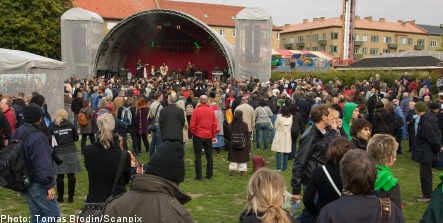
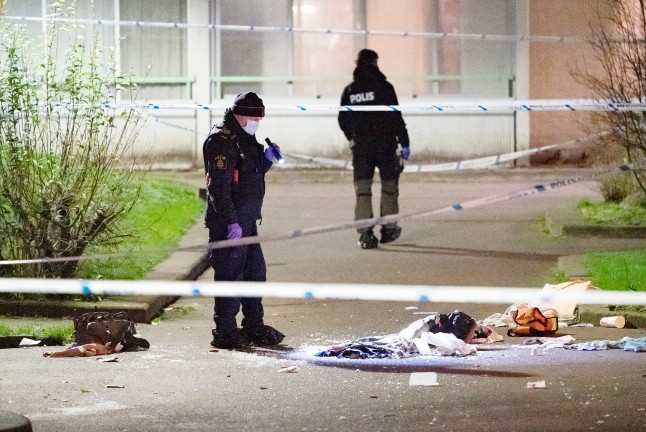
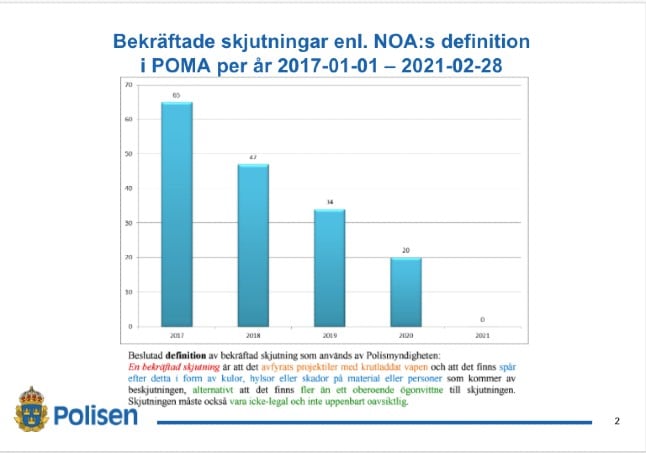
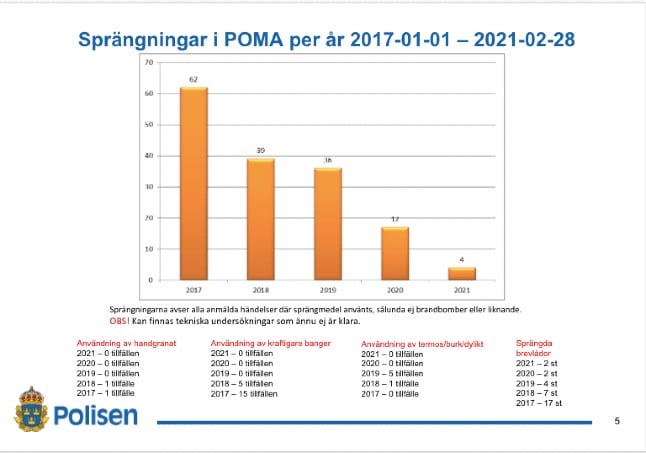
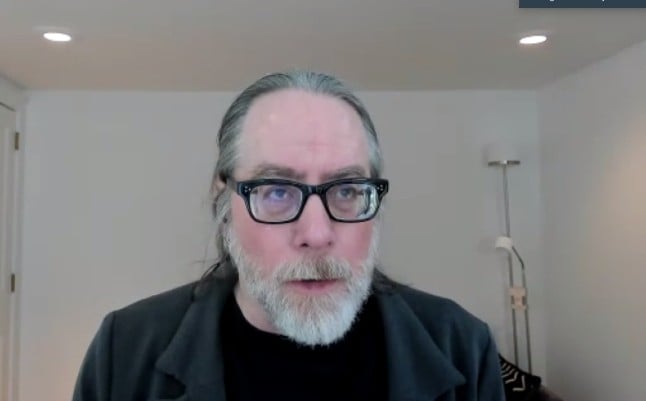
 Please whitelist us to continue reading.
Please whitelist us to continue reading.